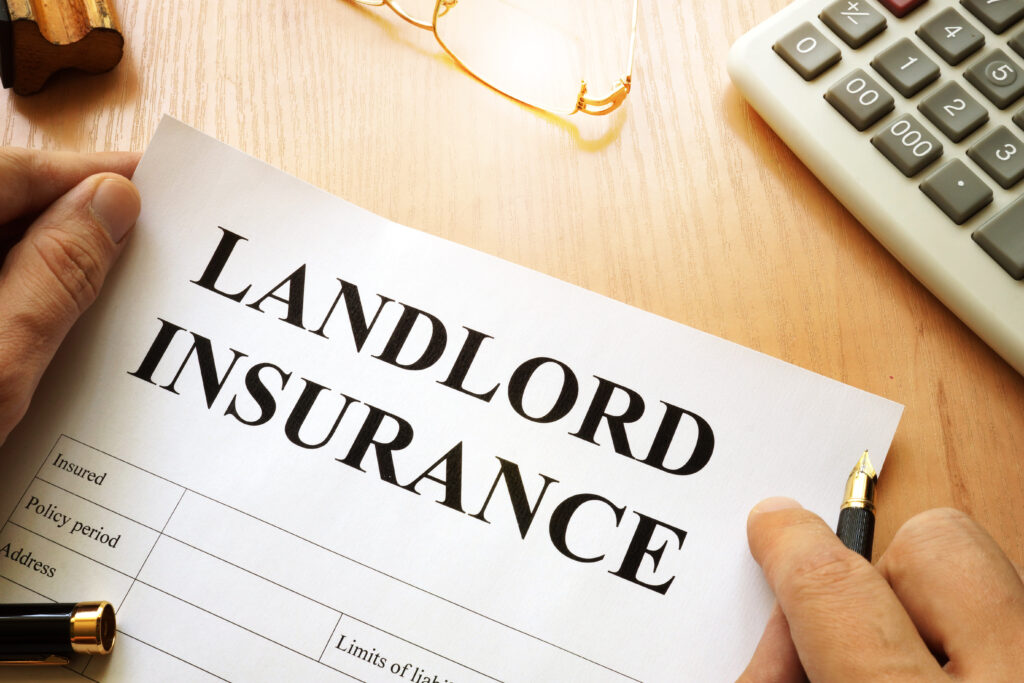We all insure our valuables in one way or another. We have car insurance for our cars, buildings and contents insurance for our homes and property and even pet insurance. As a landlord it is important that you protect your investment too and there are some added aspects that you will need to consider when insuring your rental properties. It isn’t as simple as obtaining normal domestic buildings and contents insurance. In this article we will look at landlord’s insurance and the various elements that are relevant to you as a landlord.

What Cover Will You Need?
Building’s Cover
This is standard and would be covered under any normal domestic policy as well as specific landlord insurance. This covers damage to the fabric of the building from minor structural repairs to a complete re-build. This is an absolute must for your landlord’s insurance cover.
Malicious Damage Cover
Malicious damage cover is an option that covers either the property or the contents (most suitable for a furnished let) against deliberate damage by the tenant. This is not something you would see in a normal domestic insurance policy and you should check that your landlord’s policy has this cover up to an amount that fully protects your assets.
Accommodation Cover
Should the property become unhabitable, for whatever reason, through an event that is insured such as fire or flooding, then you as a landlord are often, under the terms of the contract, obliged to pay for alternative accommodation for your tenant. This can be costly, especially if the repairs are extensive.
Injury Compensation
This is a simple liability insurance and covers you in the event that something unsafe in your property causes either injury to the tenant or a visitor or damages your tenant’s property. This cover will protect you against the costs of any legal action taken against you.
Emergency Cover
No matter how well you look after your property, things can go wrong such as an issue with the gas main or a leaking pipe. Emergency trades call outs can be expensive so you might want to consider having emergency cover in your insurance policy.
These are the basics of the cover you might need, but things get even more complicated when you have multiple rental properties. Keeping on top of all those policies and renewal dates can be an administrative headache.
Portfolio Insurance
If you do have multiple properties, then it might be worth considering portfolio insurance. This is a single policy that covers all your properties in one place. There are several benefits to this: it can be cheaper than individual policies so can save you money; administratively it is simpler to manage as there is one policy with a single renewal date and a single direct debit to manage. It is important, however, that the level of cover is adequate for all your properties and covers all the additional insurances as discussed above. There is no benefit to making insuring your portfolio easier if it does not fully cover the risks.
Insurance is a key facet of all our lives, but normal domestic insurance will not be suitable for a landlord as it will not cover certain risks. It is important that you, as a landlord insure your investment fully so it will pay to take out specialist landlord’s insurance.









